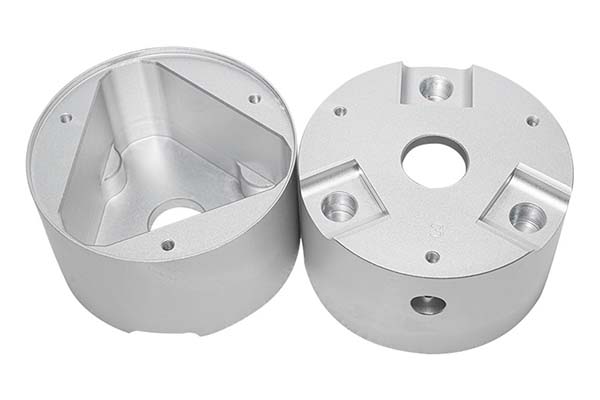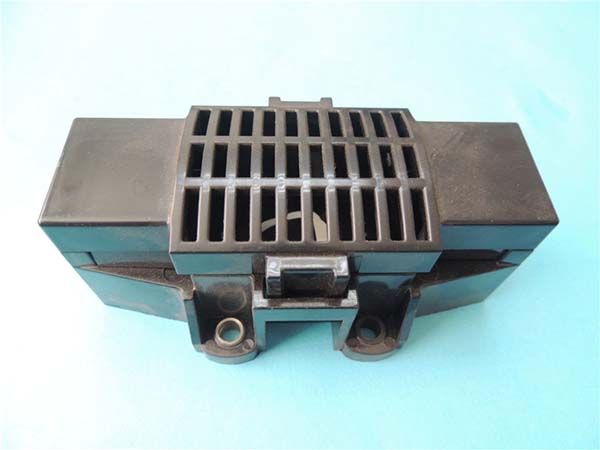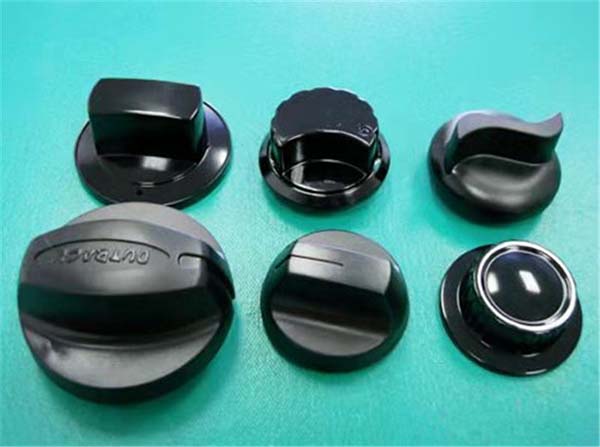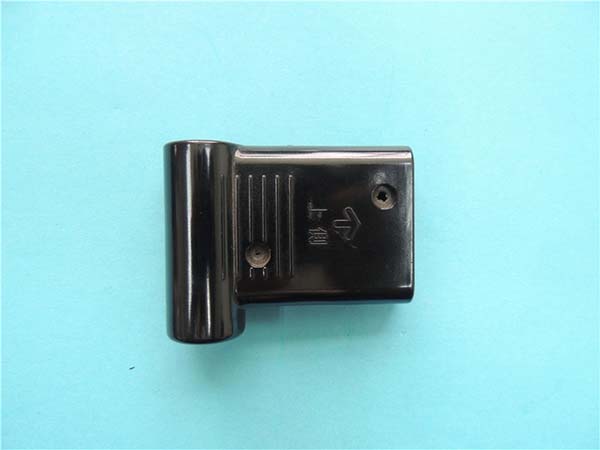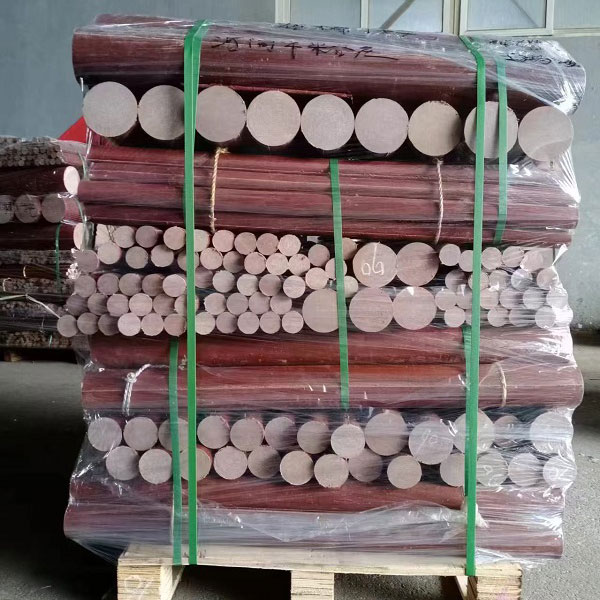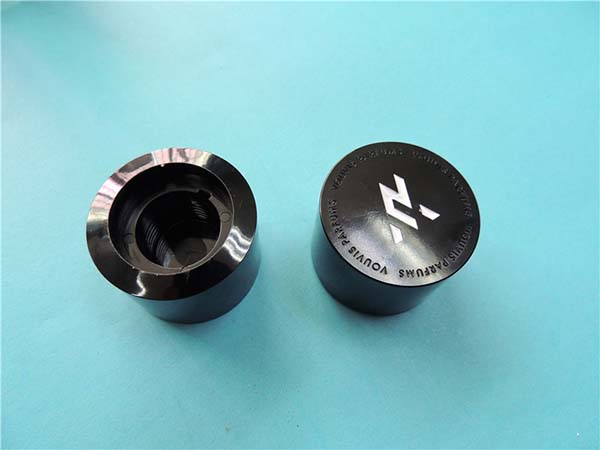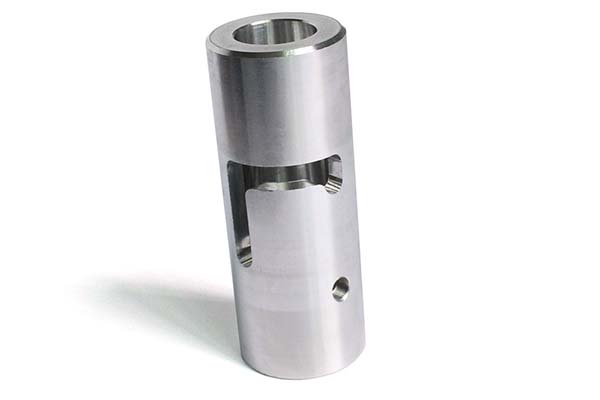Manufacturers working with cast aluminum often grapple with a frustrating issue: parts that warp or shift after machining, undoing hours of precise work. This is where MIC-6 aluminum alloy in its stress-relieved form shines—but many still struggle to leverage its full potential. From managing porosity in the as-cast microstructure to selecting the right cutting tools, there’s much to navigate. This guide breaks down MIC-6’s unique properties, stress-relief processes, and machining best practices, helping you achieve consistent, high-precision results every time.
Material and Casting Characteristics: What Makes MIC-6 Unique
MIC-6 aluminum alloy is a premium cast material engineered for stability, and its casting process (a specialized sand casting variant) is key to its performance. Unlike generic cast aluminums, MIC-6 undergoes tight controls during production to minimize defects. Here’s what sets it apart:
- Alloy composition: Predominantly aluminum with 0.2–0.6% silicon, 0.3–0.8% iron, and trace elements, balancing strength and machinability.
- Mechanical properties: Tensile strength of 165 MPa, yield strength of 110 MPa, and hardness of 60–70 HB—softer than 7075 but ideal for precision parts.
- Thermal properties: Excellent thermal conductivity (180 W/m·K) and low thermal expansion, making it perfect for heat-sensitive applications like electronics enclosures.
- Density: 2.7 g/cm³, lightweight enough for portable devices yet rigid for structural use.
- As-cast microstructure: Fine-grained and uniform, with minimal porosity (less than 0.5% by volume) compared to standard die-cast alloys.
- Dimensional stability: One of its standout features—critical for parts that must maintain tolerances over time and temperature changes.
A comparison with other cast aluminums highlights its advantages:
| Property | MIC-6 (Cast) | A380 (Die Cast) | 356 (Sand Cast) |
| Porosity | <0.5% | 1–3% | 2–4% |
| Thermal Expansion | Low | Moderate | Moderate |
| Dimensional Stability | Excellent | Good | Fair |
| Machinability | Excellent | Good | Fair |
Stress-Relief Treatment: The Secret to Stability
The stress-relief treatment is what elevates MIC-6 from a good cast alloy to a great one. Residual stresses from casting can cause warping during machining, but MIC-6’s process eliminates this:
- Thermal stress relief: Heating to 120–150°C for 8–12 hours, followed by slow cooling (50°C per hour) to room temperature.
- Annealing: Optional for parts needing extra stability, involving heating to 340°C for 2 hours, then cooling gradually.
This process reduces residual stresses by 80–90%, preventing dimensional changes during or after machining. Unlike post-machining stress relief (which can alter finished dimensions), MIC-6’s treatment is done before machining, ensuring parts stay true to spec. Microstructural changes during stress relief include grain refinement, further enhancing dimensional stability.
CNC Machining Processes: Optimizing for MIC-6
CNC machining MIC-6 is relatively straightforward compared to high-strength alloys, but precision still depends on proper techniques:
Cutting Tools and Materials
- Carbide tools are preferred for high-volume work, but high-speed steel (HSS) tools work well for low-volume jobs, thanks to MIC-6’s softness.
- End mills: 2–4 flute designs with sharp edges (rake angle of 10–15°) improve chip flow and reduce tool wear.
- Drills and reamers: Twist drills with a 118° point angle prevent "walking" on the smooth cast surface.
Machining Parameters for Success
- Cutting speed: 200–300 m/min for CNC milling; 250–400 m/min for CNC turning—faster than 7075 due to MIC-6’s lower hardness.
- Feed rate: 0.15–0.25 mm/rev for roughing; 0.05–0.1 mm/rev for finishing to achieve surface finish (Ra 0.8–1.6 μm).
- Depth of cut: Up to 3 mm for roughing (MIC-6’s uniformity allows aggressive material removal); 0.1–0.3 mm for finishing.
Key Advantages in Machining
- Machinability: MIC-6’s fine grain structure produces clean chips, reducing clogging and tool wear.
- Precision: Tight machining tolerances (±0.002 mm per inch) are achievable, even in large parts, thanks to its stability.
- Reduced waste: Minimal porosity and surface defects mean fewer scrapped parts compared to standard cast aluminums.
Applications and Uses: Where MIC-6 Excels
MIC-6’s combination of stability, machinability, and thermal properties makes it indispensable across industries:
- High-precision applications: Optical instrument bases and metrology fixtures rely on its dimensional stability.
- Electronics enclosures: Heat sinks and server racks leverage its thermal properties to dissipate heat.
- Industrial machinery: Guides, ways, and tooling plates benefit from its flatness and rigidity.
- Aerospace parts: Non-structural components like sensor mounts require its low weight and stability.
- Medical devices: Imaging equipment housings and precision trays meet strict tolerance requirements.
- Automotive components: Dashboard frames and sensor brackets maintain shape under temperature fluctuations.
- Consumer products: High-end audio equipment and camera bodies demand its smooth surface finish and stability.
Quality and Performance Metrics: Ensuring Excellence
Quality control for MIC-6 focuses on maintaining its unique advantages:
- Dimensional accuracy: Use laser interferometers and CMMs to verify flatness (within 0.05 mm/m) and linear dimensions.
- Residual stress measurement: X-ray diffraction or hole-drilling methods confirm stress relief is effective (residual stress <50 MPa).
- Non-destructive testing (NDT): Ultrasonic testing checks for internal porosity; dye penetrant testing inspects surface defects.
- Quality standards: Compliance with ASTM B26 (cast aluminum specifications) and ISO 9001 ensures consistency.
- Surface integrity: Profilometers verify surface finish (Ra <1.6 μm) for sealing or bearing surfaces.
- Fatigue performance: Testing under cyclic loads (10⁶ cycles at 50 MPa) confirms durability for moving parts.
Yigu Technology’s Perspective
At Yigu Technology, we specialize in CNC machiningMIC-6 (Cast) Stress-Relieved for high-precision applications. Our expertise lies in leveraging MIC-6’s machinability with optimized cutting parameters—using carbide tools for fast, clean cuts while maintaining tight tolerances. We validate every batch with NDT and dimensional checks, ensuring your parts meet the stability requirements for electronics enclosures, medical devices, or industrial tooling. Trust us to deliver MIC-6 components that perform reliably, even in the most demanding environments.
FAQ
- Why is MIC-6 preferred over other cast aluminums for high-precision parts?
Its stress-relief treatment and low porosity minimize post-machining warping, allowing tighter tolerances (±0.002 mm) than standard cast alloys like A380.
- Can MIC-6 be welded or joined to other materials?
Yes, but its low alloy content requires care—TIG welding with 4043 filler rod works best, though welding may introduce minor stresses that require re-relief.
- What’s the maximum size of MIC-6 parts that can be machined without warping?
MIC-6’s stability allows machining of large parts (up to 3 meters in length) with flatness maintained within 0.1 mm/m, making it ideal for industrial tooling plates.
